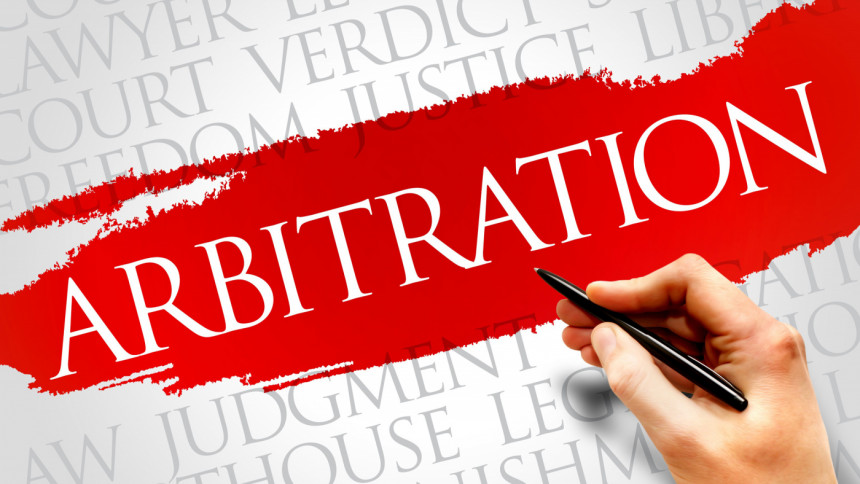Source: https://www.thedailystar.net/news-detail-152633
CRITICS argue that the law of contempt of court is archaic and should be abolished. They say it’s merely a relic from our colonial past. The whole idea of contempt originates from the notion of a deified and infallible Sovereign. Courts derive their authority from the Sovereign; judges are simply his nominees and their utterances and rulings stem from the King. Following in that vein critics persist that times have changed, and the law of contempt no longer serves any useful purpose other than providing a cloak for judicial authorities to cover up their inefficiencies, or to gag bonafide criticism against them. These same critics completely overlook the practical and vital function served by the law of contempt of court. Our courts are the guardians of civil liberty; as such their dignity and majesty must be upheld at all cost, to ensure public confidence in them (without which it would be impossible to administer justice). Oswald, an authority on the matter, defined contempt of court to be any conduct that tends to bring the authority and administration of law into disrepute or prejudice the parties involved or their witnesses during litigation.
There are three broad categories of acts constituting contempt: * Scandalisation of the court; * Disobedience of the orders of the court and breach of undertakings given to the court; and * Interference with the due course of justice. The law of contempt protects a judge hearing a case from being exposed to fears or apprehensions, protects parties against the possibility that their case will be influenced by matters extraneous to the litigation in which they are engaged, and the accused against attempts to arouse public opinion against him. The recent uproar regarding the law of contempt begs for a discussion of certain controversial aspects of the substantive law and legal procedure in cases of contempt (substantive law essentially refers to law that creates rights and obligations while procedural law deals with the procedure for enforcing those rights). I am speaking of the two notable libels on the impartiality, integrity and competence of the judges of the Supreme Court, one made by the editor of Amar Desh and the other by a high profile and veteran civil servant. The former was dealt with severely, ending in conviction and fine. The latter narrowly escaped a similar fate.
From a substantive law point of view, the critical question remains; where does freedom of speech and expression end and contempt of court begin? From a legal procedural standpoint, the summary power that courts enjoy in contempt cases has attracted a lot of criticism. In particular, the power to be a judge in one’s own cause is in direct contravention of a principle of natural justice, which is otherwise of absolute application. Freedom of speech and expression, the hallmark of a functioning democracy, is essentially our right to express freely our conviction and opinion on any matter, and is guaranteed by Article 39(2)(a) of our Constitution. The framers of the Constitution have imposed restrictions on its exercise to curb the risk of abuse that goes hand in hand with a freedom of this magnitude. The law on contempt of court is one such restriction. If an exercise of this freedom involves interference with the administration of justice and an attack on the dignity and authority of the courts then the law on contempt of court provides for appropriate punishment. However, our constitution provides that any restriction on the exercise of freedom of speech has to pass the test of reasonableness. Therefore, the law on contempt of court must be reasonable and must not stifle freedom of speech and expression. In the words of Lord Atkin: “Justice is not a cloistered virtue: she must be allowed to suffer the scrutiny and respectful, even though outspoken, comments of ordinary men.”
But where exactly does freedom of speech end and contempt of court begin? When does one exceed the limits of bonafide criticism? In the absence of a clear test to determine the cut off point, it will be very difficult to do decide borderline cases. In any case, the judiciary must bear in mind that the power to commit for contempt must be used in exceptional cases where malafide comments have been made and ulterior motives have been attributed to judges. Our courts had shown regard for motive when in 1998 the prime minister made astringent comments about the large number of interim bail that were being granted in criminal cases by the High Court Division in an interview with the BBC. The High Court Division disposed of the matter by merely expressing the wish that the prime minister be more careful and respectful in making any statement or comment with regard to the judiciary or the judges. With regard to the controversial summary power enjoyed by the courts in contempt cases, the usual criminal process to punish contempt would be too cumbersome and slow. A summary and quick mode of meting out punishment to the contemnor, if he is guilty, is very effective in boosting public confidence in the courts. Without such protection the courts would fall in public regard and the maintenance of law and order would be in jeopardy.
The critics of the summary power argue that it is archaic and not in consonance with judicial principles, one such principle being that no one ought to be a judge of his own cause. However, the consequence of taking away the summary power of the courts in contempt matters would be to reduce the court to the position of a private prosecutor, ask the court to be a prosecution witness in another court and subject it to cross-examination on facts. This would destroy public confidence in the dignity, efficiency and uprightness of the courts, causing the whole system of administration of justice to crumble. Therefore, while the summary power of the courts in cases of contempt constitutes a real public necessity, it is a weapon to be used sparingly and with reference to the interests of the administration of justice. It should not be resorted to wherever a less arbitrary remedy is available.






